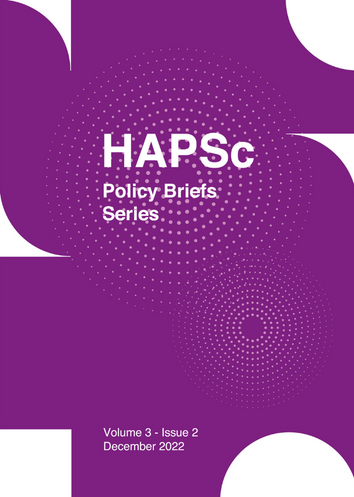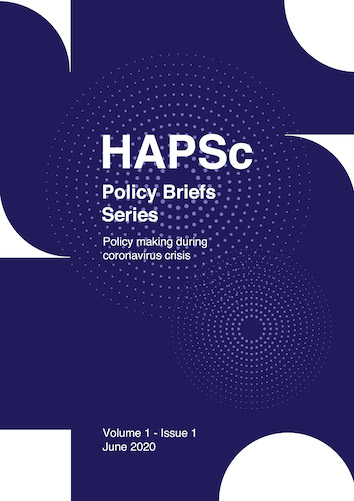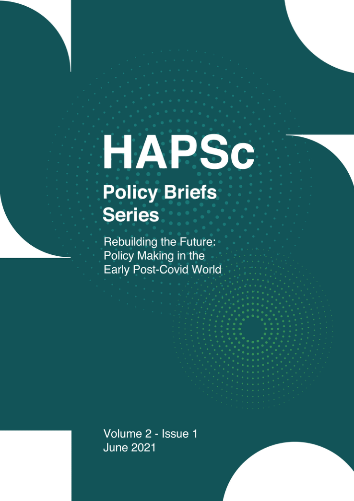European Union’s Energy Security in the Aftermath of Russia’s War in Ukraine: From Dependence to Independence
Аннотация
The war in Ukraine and the ensuing consequences for the energy supply of Europe, creates a turning point in external energy relations and the energy policy of the European Union. This turning point forces the revision of the EU relations with Russia and a shift in external energy policy in geopolitical and energy security terms. By examining energy relations with Russia and within the framework of energy security, this article attempts to formulate concise policy proposals in this new emerging environment. These policies are based on 3 axes: a) increasing energy autonomy through energy diversification, b) creating alternative routes of energy supply and c) protecting society from the consequences of the current energy crisis.
Article Details
- Как цитировать
-
Nastos, G. (2022). European Union’s Energy Security in the Aftermath of Russia’s War in Ukraine: From Dependence to Independence. HAPSc Policy Briefs Series, 3(2), 153–160. https://doi.org/10.12681/hapscpbs.33795
- Раздел
- Articles

Это произведение доступно по лицензии Creative Commons «Attribution» («Атрибуция») 4.0 Всемирная.
Authors retain copyright and grant the journal right of first publication with the work simultaneously licensed under a Creative Commons Attribution License that allows others to share the work with an acknowledgement of the work's authorship and initial publication in this journal.




